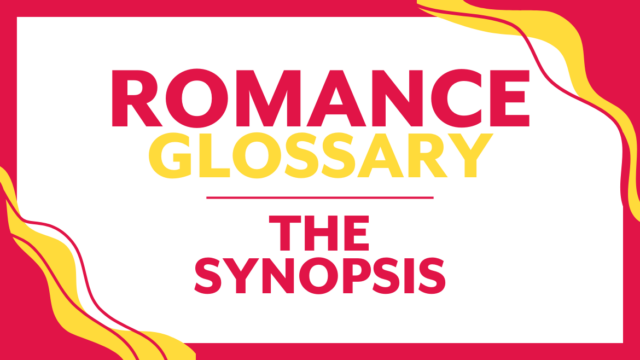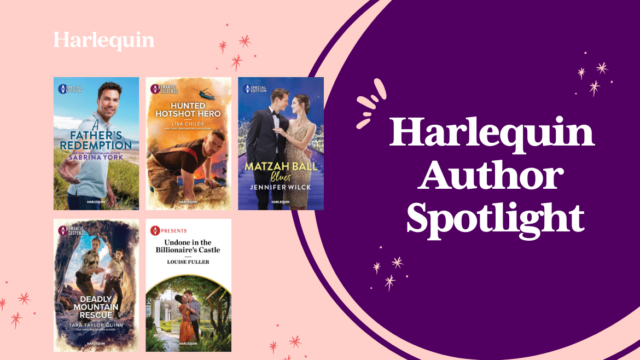This pearl of wisdom comes from the 2010 New Voices competition and is sure to help you tackle a cliché or two (…or three!)
Avoiding clichés: here are our best tips
on how to make your romance stand out from the crowd!
If you type cliché and romance into Google, you get thousands of sites dedicated to the world of romance clichés – the clichés we love…and also the ones that make us throw a book across the room!
There are ways for a successful writer to use a conventional theme and twist it, and by that we mean taking the tried and tested plot and turning it on its head to deliver something with real wow factor that will help you knock readers’ socks off (can we get away with that cliché?!). We want to help you deliver something that will blow readers’ minds (see, this avoiding clichés malarkey is harder than you’d think!)
It’s not just about plots either — it’s dialogue, characters, secondary characters and most importantly author voice!
Here’s a quick cheat-sheet:
Plots
You’ll often hear editors say ‘we’re looking for fresh twists on classic themes’ and we really are. But what does this mean? Well, first let’s focus on the classic. Romance conventions are a must, they only become clichés when they don’t bring their own personality along for the ride. The trick is to understand the convention before you twist it. How many stories/films/TV series/cartoons etc. feature the Cinderella storyline and how many then go on to twist it? A few examples which work are Pretty Woman, Twilight, The Holiday, My Big Fat Greek Wedding, Maid in Manhattan, Working Girl, 27 Dresses, The Wedding Date. All of these featured a less than lucky heroine (or hero!), a make-over and of course a Prince Charming – but all with their own spin!
Characters
Your characters are the way you can breathe life into any plot. Our advice is, if you can make the reader believe in your characters they’ll walk with you through the most fantastical of plots! We took Peter Pan to heart when he said ‘Every time a child says, “I don’t believe in fairies”’ there is a fairy somewhere that falls down dead.’ and to this day will not say those words! We want a writer to make us believe that true love really exists. Making characters unique and believable is the key. So your hero is tall, dark and handsome – but what else is he? He doesn’t have to be perfect, but we have to understand why he’s perfect for your heroine.
Dialogue
Your dialogue needs to fit with your characters and not be forced. Alpha heroes need to command without being didactic…a look, a gesture, humour to push their point across… Alpha heroes ooze power and exert it in understated ways – not by shouting at heroines whimpering in the corner!
Don’t be scared to read your dialogue out loud, this helps you to see if you’d really say it in the heat of the moment…or passion! Does it make your toes curl – with embarrassment…or with glee?
So when sitting down to write your own romance, don’t forget…
- Understand why classic plots and romantic conventions work –then have fun with them!
- It’s all about the characters – make them truly yours.
- Harlequin is about creating fantasy out of reality. Surprise us with your characters, stories and ideas!
- Stretch your imagination – let it fly! You just need a little faith!
You’ve heard from the Harlequin editors, but make sure you tune in on Friday for the weekly Interview With… column with Harlequin Historical author Diane Gaston! Happy writing! 🙂



